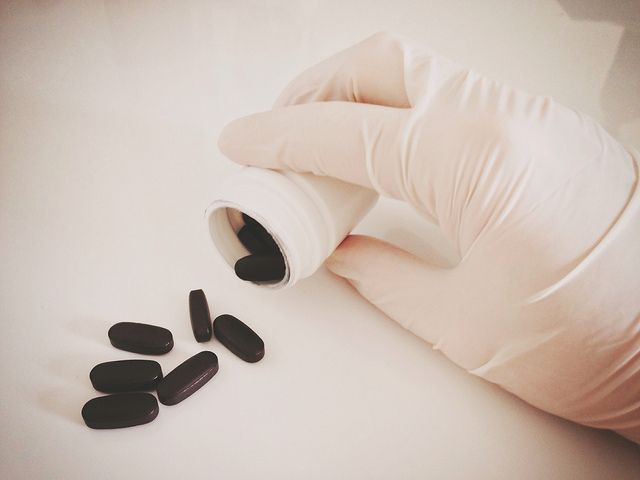Diet Pills Containing Human Flesh Seized By South Korean Customs Officials

Two Chinese students have been detained on suspicion of selling diet pills containing human flesh, South Korean authorities said Monday.
The two female students, who were studying in Jeju, South Korea, allegedly bought the 3,000 diet pills and 500 “detox” pills from a Chinese website for a total of 2,320,000 won, or about $2,000. They then smuggled the pills into the South Korean island province, where they distributed them to 80 buyers for three times the price. According to a police report obtained by The Korean Times, both students said they needed the money for tuition.
Subsequent testing at Jeju’s National Forensic Services revealed that the seized pills contained traces of a substance that had a “100 percent match with human flesh.” In addition, the pills were found to contain phenolphthalein and sibutramine – two illegal substances associated with an increased risk of cancer, heart attack, and stroke, according to The Huffington Post. Jeju authorities are now expanding their investigation in an effort to prevent similar drugs from reaching the city.
The current case recalls a similar police probe from last year, when South Korean authorities seized thousands of so-called “dead baby pills” – drug capsules filled with the ground remains of dead fetuses and newborns. In certain Korean-Chinese communities, such pills are widely considered to be a natural remedy capable of curing most ailments. “Ethnic Koreans from north-east China who now live in South Korea intended to use the capsules themselves or share them with other Korean-Chinese,” a customs official told the Associated Press.
The business is reportedly fueled by corrupt hospital staff members who furtively sell the remains of aborted fetuses and stillborn babies to manufacturers. According to The Daily Mail, the flesh is processed in “medical drying microwaves” and subsequently ground into powder. The macabre product is then mixed with herbs, processed into capsule, and exported to neighboring countries.
Ethical issues aside, South Korean officials fear that such pills may also be teeming with harmful bacteria that pose a public health risk. "It was confirmed those capsules contain materials harmful to the human body, such as super bacteria,” another customs officials told The Korean Times. “We need to take tougher measures to protect public health.”
Published by Medicaldaily.com



























